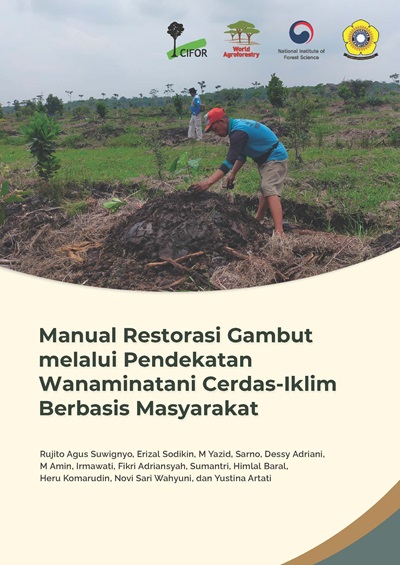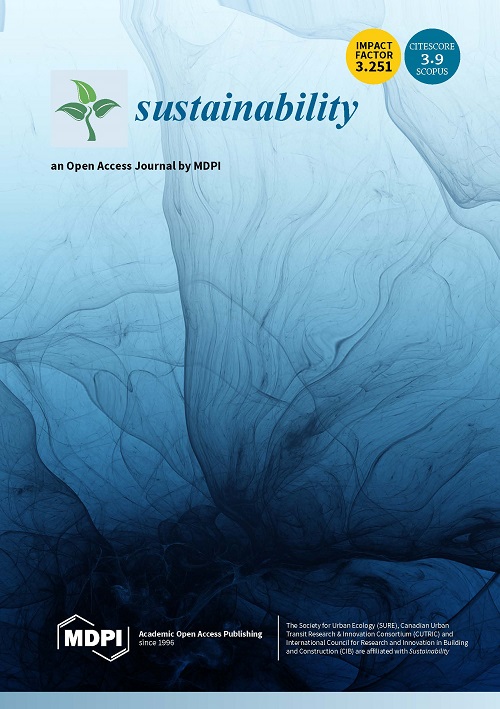Agricultural production, food, nutrition and income security of smallholder farmers in sub-Saharan Africa are threatened by extreme weather events, such as increased frequency of mid-season dry spells and increased temperatures. Their impacts are exacerbated by the prevalence of sandy soils, characterized by limited water and nutrient retention capacity leading to low crop productivity. In this study, we aimed at assessing farmers' awareness of extreme weather events, identify adaptation strategies and evaluate maize yield from different soil fertility and water management practices. A household survey including 245 smallholder farmers in Marange, Zimbabwe was carried out. The results revealed that farmers were aware of and had experienced extreme weather events. Among adaptation strategies used were soil water-harvesting, use of improved varieties, mulching and planting trees. Maize yield remains significantly low, averaging 0.62 t ha−1 among farmers using some forms of soil fertility and water management strategies. To further understand the reason for low maize yields and improve climate change related adaptation strategies, more research is needed to quantify and confirm management practices applied by farmers, such as fertilizer use and rates, water and nutrient management, use of improved varieties as well as socio-economic factors.
DOI:
https://doi.org/10.1080/14735903.2023.2293588
Altmetric score:
Dimensions Citation Count:

Publication year
2021
Authors
Madamombe, S.M.; Ng’ang’a, S.K.; Öborn, I.; Nyamadzawo, G.; Chirinda, N.; Kihara, J.; Nkurunziza, L.
Language
English
Keywords
climate change, adaptation, small scale farming, semiarid zones, agricultural production, soil fertility, water management, climate
Geographic
Zimbabwe























